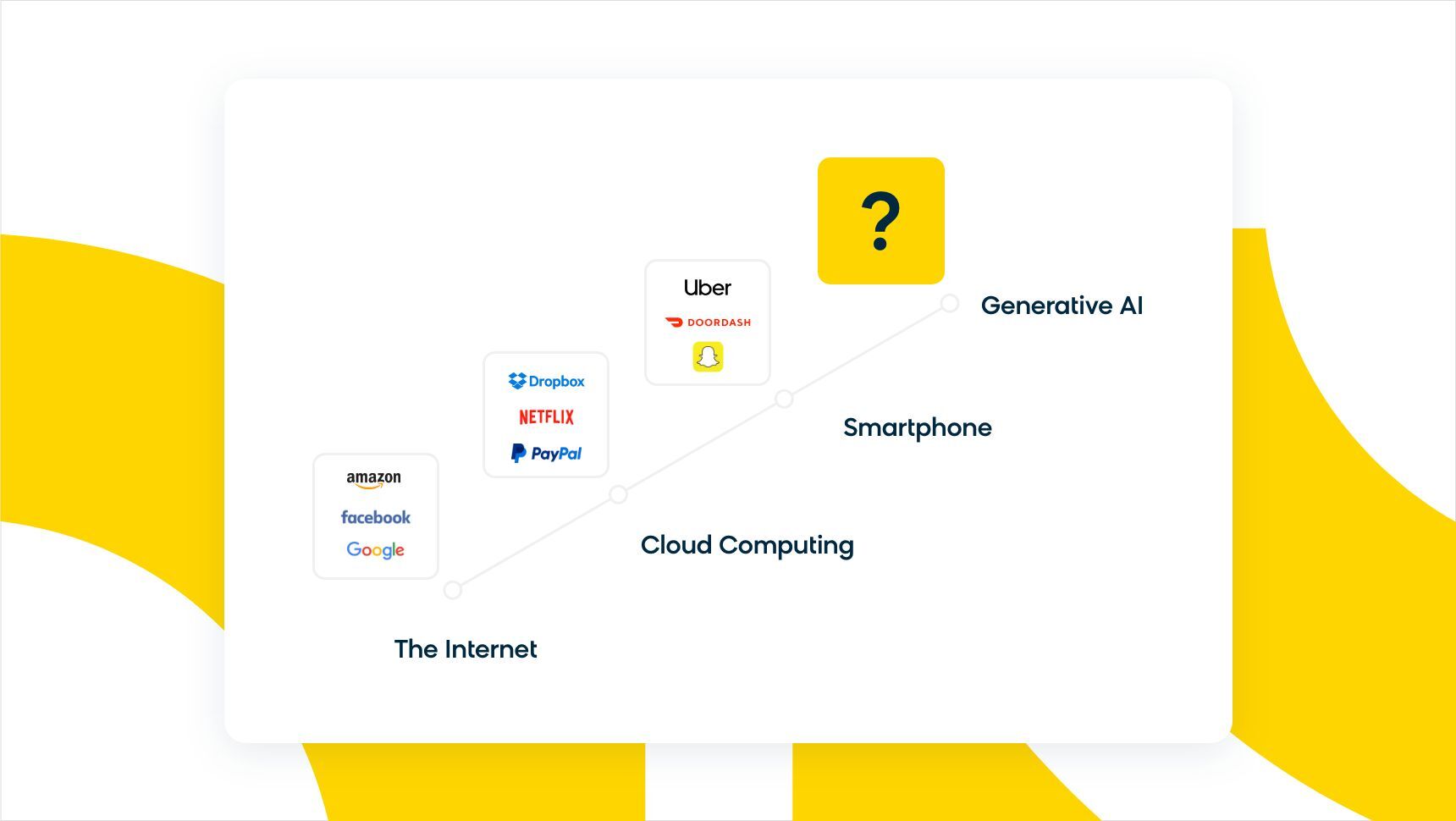Every week, we hear about one trend or another “being dead.” Whether it’s a tech trend (e.g., email marketing or the Metaverse) or a societal trend (e.g., remote work), we tend to simplify the evolution of trends by saying that they’re “dead.”
Maybe it’s our fascination with change and innovation, or perhaps it just demonstrates the pace humans now expect trends to cycle — quickly and brightly before fading away into obscurity. Either way, saying that something is dead can often be premature. Instead, we should view transformation as the natural progression into something bigger and better.
The Death of Shopping?
Lately, there’s been a lot of talk about “going shopping” being dead — and with good reason. Anyone who’s gone shopping in a store recently knows what a chore it’s become with staff shortages, dismal product selections, and increased theft prevention measures. All of these factors make going shopping feel less like a luxury and more like a burden. Nowadays, in-store shopping requires time, money, and prowess, and usually, we come up short somewhere.
Yet, it would be unfair to proclaim that “shopping is dead”. The truth is that shopping has evolved, and it will continue to evolve through this foundational moment in artificial intelligence (AI), where large language models (LLMs) are becoming more sophisticated and widely used. AI will help the shopping experience become more about finding what you want — not just about getting what you need.
As Raj De Datta, the co-founder and CEO of Bloomreach, explained in his keynote at The Edge Summit, “The mobile phone was a critical unlock that made a revolution in transportation possible. All of ecommerce needs that kind of unlock — the unlock that allows us to bring high-quality expertise in literally every product category available online to our fingertips.” And that’s where generative AI (GenAI) comes in.
How AI Fits Into Ecommerce
Over the past year, we’ve learned a lot about generative AI and its power to transform everything from how we work and learn to how we seek entertainment or start the creative process. The potential of GenAI’s impact — especially on ecommerce — is incredibly exciting and could truly push shopping experiences to become more intuitive and personalized.
Best of all, GenAI can drive an immediate impact on the shopping experience by starting with product discovery. Any worthwhile product discovery solution should already be embedded with natural language processing, machine learning, and other AI technologies to help search engines understand user intent, offer product suggestions, and learn over time.
However, search engines as we know them today are built for the searcher with clearly defined intent — the person who knows exactly what they want. As De Datta explained in his keynote, this is how ecommerce companies have helped people buy instead of shop. While that’s great news, we naturally need to progress to the next iteration.
As shopping in person has taught us over the past 200 years, the “seeking” part of the shopping journey, where we discover new products, is what we truly love about our favorite pastime. Of course, we’ve historically found it missing from online shopping (and increasingly, in-store shopping too).
Recapturing the Magic of Shopping With AI
So, how can we return to that place where shopping was joyful and rewarding? GenAI technology holds the power to make the product discovery process easier and quicker because it truly encompasses what we need from search. Instead of having to manually tune your search query to get the results you desire, consumers can talk to the search bar as if it were a personal shopper or customer service agent.
In fact, ecommerce search has already become vastly more powerful because of GenAI and LLMs. As these technologies reach a level of sophistication that we’ve never seen before, there aren’t many aspects of ecommerce that will benefit as significantly and quickly as site search.
With search becoming increasingly conversational, you can talk with a product expert without being forced to go to the store. You can have a back-and-forth discussion about your pain points and desired outcomes and be given an answer or general sense of direction in the comfort of your home. Up until now, online shopping has lacked this type of two-way interaction — two beings working together to solve a problem with a purchase. The opportunity to engage in meaningful and interactive shopping exchanges online will reinvigorate the feeling we used to get from going shopping in person.
This new era of shopping won’t forget the in-store experience, obviously, but it will fill in the voids where we see them today and open up new avenues for connection, collaboration, and engagement within the virtual space. Here, customers will feel heard and understood, leading them to interact and shop with your brand again and again.
At the same time, GenAI and LLMs will help marketers and merchandisers feel more empowered in their workflows. Instead of fearing AI replacing jobs, we should look at the technology’s collective perks. As time progresses, we’ll see more co-pilot use cases that will allow both of these roles to spend an increased amount of time on creative and strategic planning and execution, while GenAI takes care of everything from content creation to certain aspects of the merchandising process.
The most impressive aspect of using AI for ecommerce is the scale you can achieve. You can ideate, create, and implement ideas in a capacity we never imagined, as LLMs continue to learn from all available public data, as well as your brand’s unique, real-time customer and product data. All in all, it’s a tremendous opportunity for retailers and brands from all industries and markets to build deeper relationships with their customers through personalization, relevant recommendations, and timely offers.
So no, going shopping isn’t dead — not by a long shot. And if you aren’t exploring AI solutions for ecommerce, you may find yourself getting left behind as the shopping experience evolves. After all, the future of shopping is here — are you ready for it?















